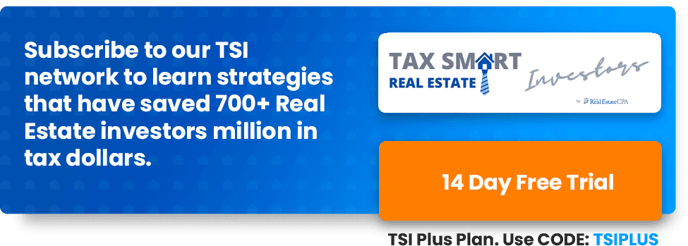401(k) plans are defined in the Internal Revenue Code Section 401. These plans IRS approved qualified retirement plans and are set up as retirement savings trusts.
401(k) plans can be traditional or Roth plans, or a mixture of both. Additionally, 401(k) plans can be considered Solo 401(k) plans, safe harbor 401(k) plans, or standard 401(k) plans.
Solo 401(k) plans are an IRS approved qualified 401(k) plan designed for a self-employed individual or the sole owner-employee of a corporation. These plans work best when there are no other employees or a very small number of employees due to discrimination testing. Solo 401(k)s allow business owners to contribute to their plans as both an employee and an employer. Currently, a business owner can contribute a total of $55,000 to a Solo 401(k) ($61,000 if over the age of 50). Solo 401(k)s also allow the business owner to self-direct the assets within the account. This means the business owner can invest in alternative asset classes such as real estate.
Safe harbor 401(k) plans allow business owners to avoid discrimination testing as long as they contribute a certain amount to their employee’s 401(k)s plans. This means that the business owner can continue to max out his/her 401(k) plan without having to worry about falling victim to a discrimination case.
See Can I Have a Solo 401(k) Plan if I Have Employees for more information.

